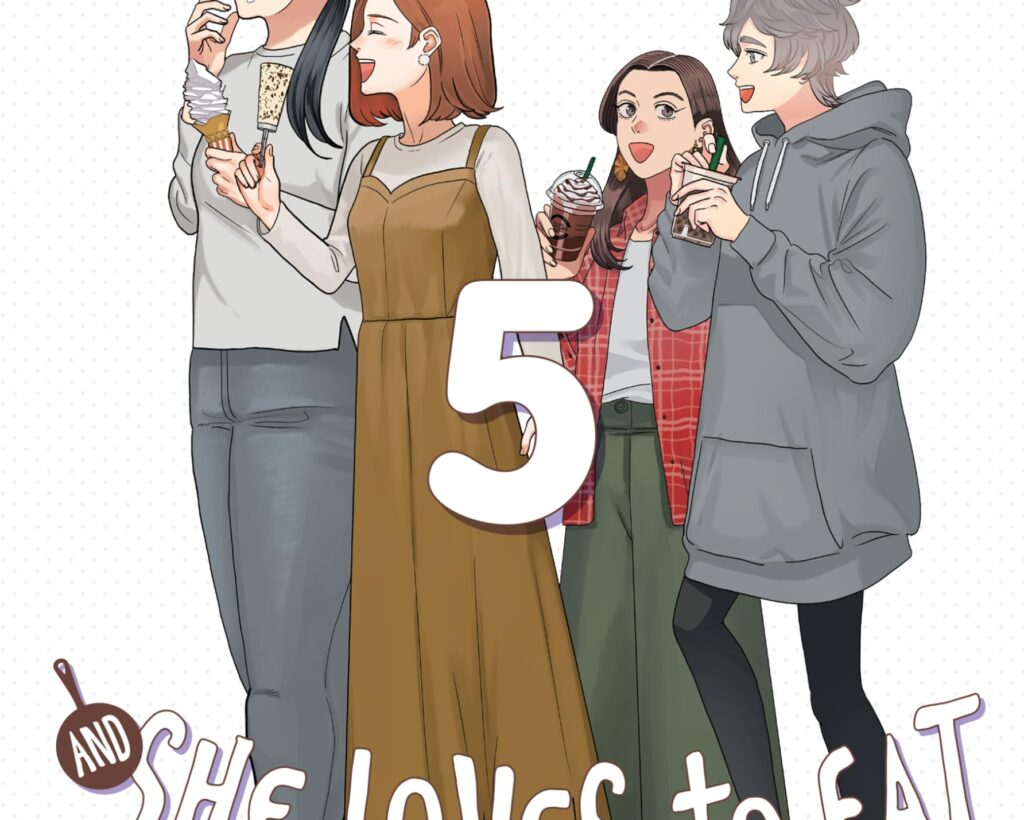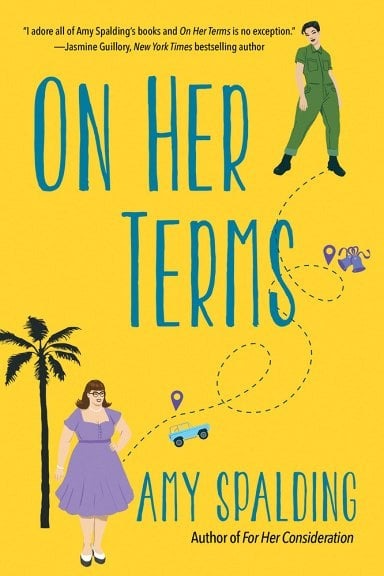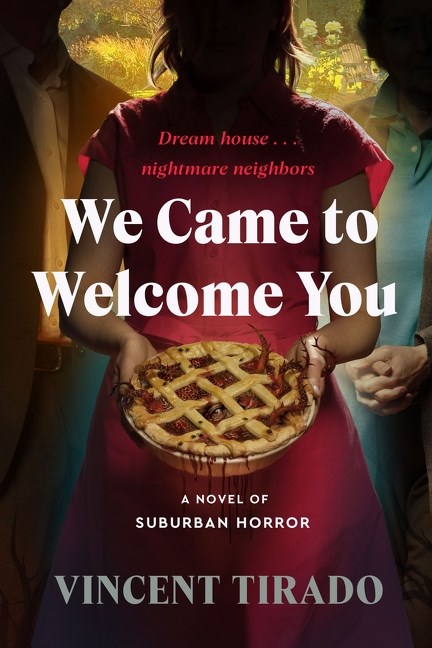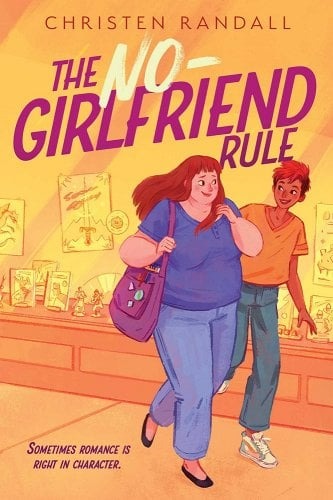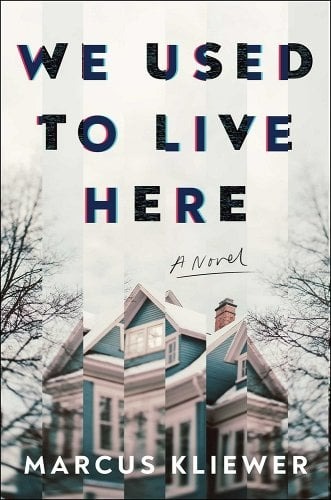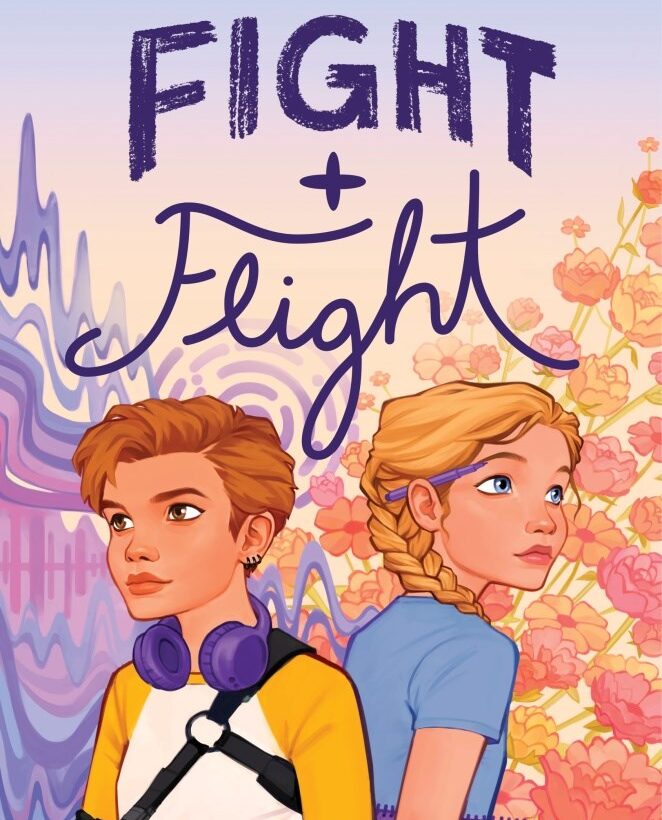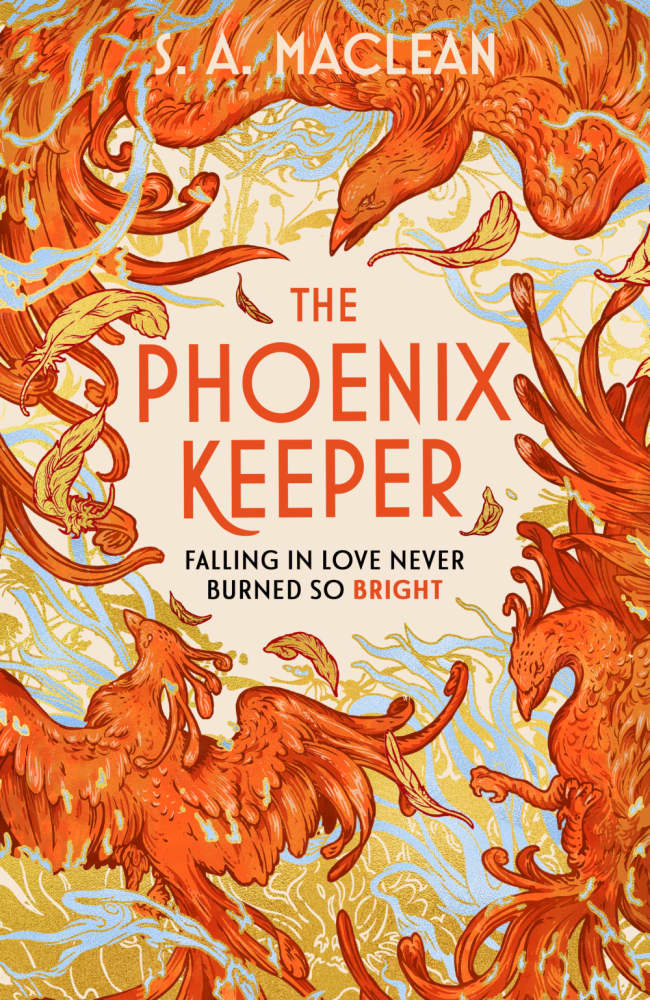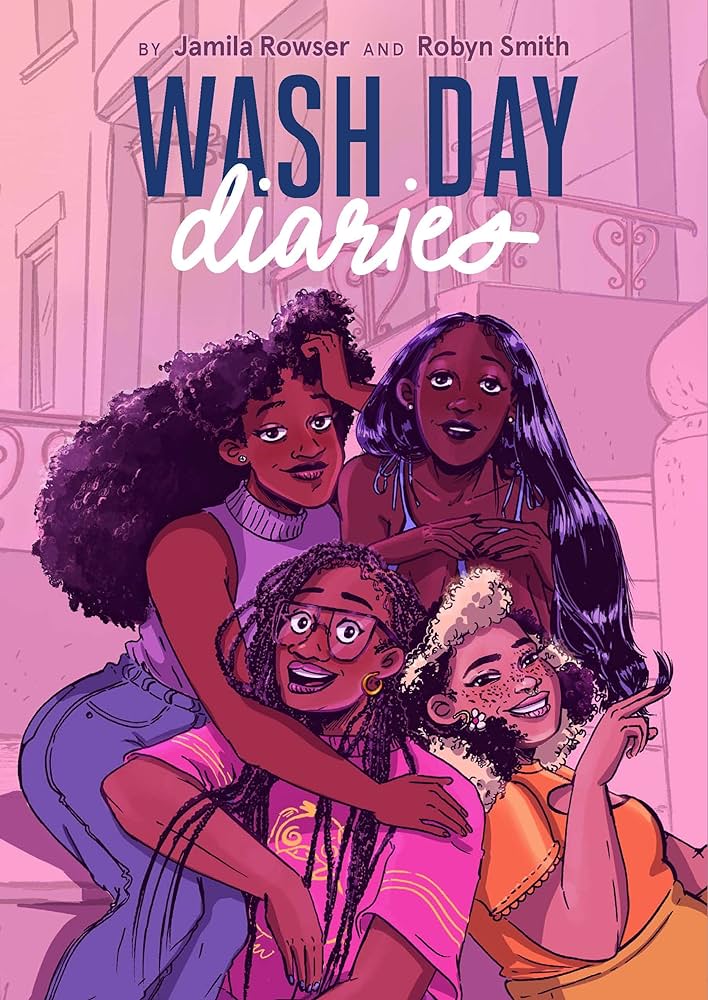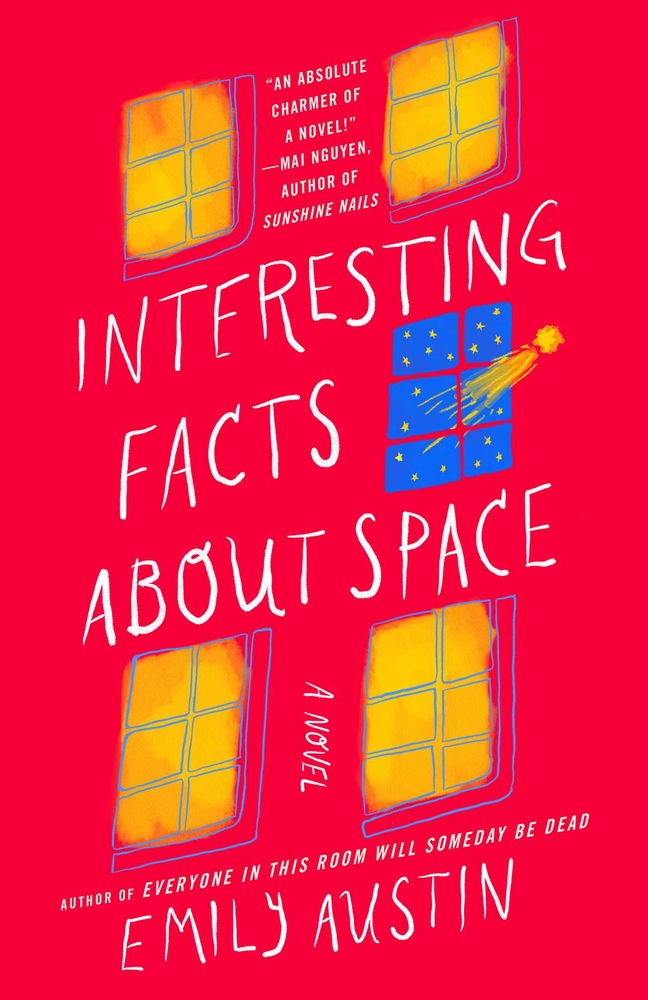We’ve recommended this sapphic manga series at the Lesbrary several times before, but that was when there were only a couple volumes out. I just finished volume five, and I needed to let you all know that it has only gotten better with time. She Loves to Cook, and She Loves to Eat is myRead More
An Introspective Bisexual Romance: On Her Terms by Amy Spalding
Immediately after recognizing her bisexuality, Clementine gets swept up in a (somewhat boring) long-term relationship with a boyfriend who wants a conventional, white-picket-fence-and-a-baby ever after. After breaking up with him, she’s ready to dive into her “baby gay” era—if only her friends and family would stop looking at her with pity. After meeting Chloe LeeRead More
Horror that Lingers: We Came to Welcome You by Vincent Tirado Review
Mesmerizing, sickening, echoing-hole-in-your-stomach, roller coaster lurch of a creeping inferno: Vincent Tirado’s We Came to Welcome You: A Novel of Suburban Horror is all that and more. Released in the last quarter of 2024, to the tune of “The Other Black Girl meets Midsommar,” the book takes the banal normalcy of racism and colonialism and twists it until itsRead More
Secrets & Sorcery & Sapphics: A Review of The No-Girlfriend Rule by Christen Randall
Dungeons & Dragons (or in the case of Christen Randall’s The No-Girlfriend Rule, Secrets & Sorcery), has been one of my favorite hobbies since I started playing in middle school. Because of this, I love reading stories about people falling in love with the magic of Dungeons & Dragons! The only thing that made thisRead More
A Polarizing, Experimental Horror Book: We Used To Live Here by Marcus Kliewer Review
Despite us being firmly being into December, I still have a few horror books on my to-read list that I am working through, and We Used to Live Here by Marcus Kliewer came up on my library holds list. I listened to the audiobook, as I enjoy being able to yell at characters in a good hauntedRead More
The Successor to House of Leaves: We Used to Live Here by Marcus Kliewer
If you’re looking for a haunted house story to really get under your skin, We Used to Live Here is for you. It’s a slow build, but by the end, it was the kind of story that had me seeing things in the shadows of my room at night. We follow Eve, who has justRead More
Queer Friendship and Active Shooter Drills: Fight + Flight by Jules Machias
Trigger warnings: anxiety, panic attacks, bullying, grief, gun violence in schools Fight + Flight has two main characters, Avery and Sarah, who take turns narrating. They attend the same school and each begins the book interested in the other. Bold, active Avery is openly pansexual; she knows she has a crush. And, as a middle schoolRead More
Queer Cozy Fantasy with Magical Animal Shenanigans: The Phoenix Keeper by S.A. MacLean
Buy this from Bookshop.org to support local bookstores and the Lesbrary! I’m animal lover who’s always looking for more cozy queer fantasy, so this book seemed tailor made for me. It follows Aila, a phoenix keeper at a magical zoo who is trying to restart their phoenix breeding program to help bring the phoenixes backRead More
Love, Friendship, and Hair Care: Wash Day Diaries by Jamila Rowser and Robyn Smith
Buy this from Bookshop.org to support local bookstores and the Lesbrary! In Wash Day Diaries, readers follow a group of four young Black women from the Bronx, getting a glimpse of their daily lives through their hair care routine and wash day experiences. Presented as five interconnected short story comics, we get to meet Kim, whoRead More
Sophomore Sapphic Novel Doesn’t Disappoint: Interesting Facts About Space by Emily Austin
Buy this from Bookshop.org to support local bookstores and the Lesbrary! Interesting Facts About Space by Emily Austin (she/her) is one of my new favorite books. Within the first few pages, Austin personified a tampon box, lamented the indignity of celebrating baby genitals (read: gender reveals), and made the astute, albeit morbid, observation that one of theRead More
- 1
- 2
- 3
- 4
- Next Page »
